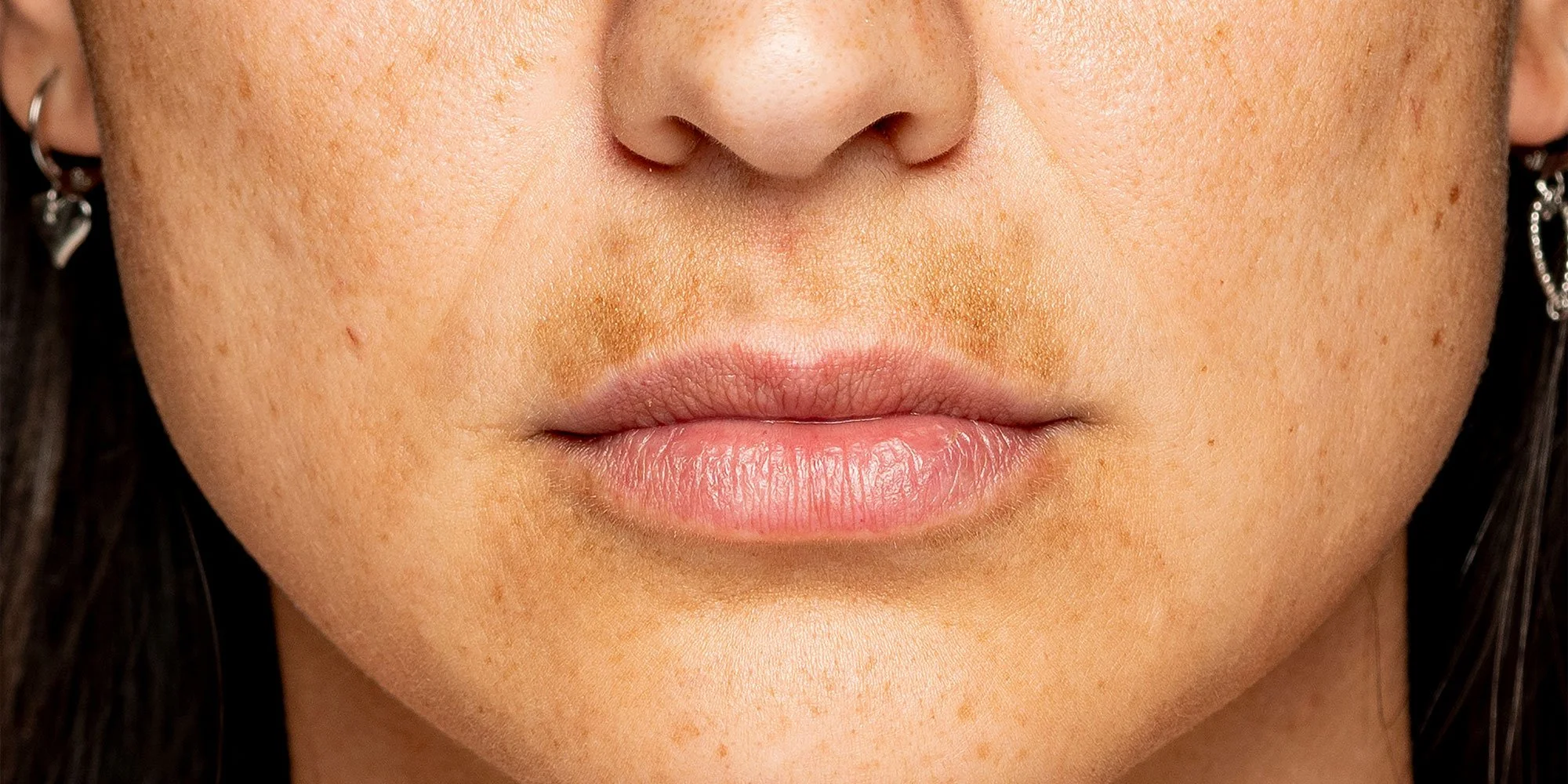Skin Pigmentation – Causes, Prevention and Treatment
Have you noticed the appearance of little brown patches on your skin? You might even have started to use a concealer or a dark-spot correcting cream to try to hide or lighten these blemishes.
These marks might be caused by skin pigmentation, sometimes also referred to as ‘liver spots’, and they are a natural part of the ageing process. It is widely believed, however, that uneven skin pigmentation can make you look older prematurely, even more so than fine lines or wrinkles.
What is skin pigmentation?
Pigmentation is the production of melanin in the skin, which, when done in excess, manifests itself through changes to skin tone, usually with the formation of uneven blotchy brown patches on the skin. It mostly occurs on the face, hands, décolletage and shoulder areas of the body, which get the most frequent exposure to the sun. There are many different forms of skin pigmentation including age spots caused by sun damage, hyperpigmentation, melasma and even freckles.
What causes pigmentation?
The body contains cells known as ‘melanocytes’ which produce melanin to protect the skin from the sun’s UV rays. Pigmentation is caused by an excess in the production of melanin which can be triggered by a number of factors including the ageing process, acne, medication and hormones. However, the number one cause of pigmentation is sun damage.
Age spots caused by sun damage are referred to by medical professionals as ‘solar lentigines’. They occur in middle age and are larger and more defined than freckles. While more common in people with fair skin, people of all skin types can be affected. Skin pigmentation caused by over-exposure to the sun’s UV rays or to sun beds can take 10 to 20 years to develop. If you have started to notice pigmentation patches recently, they might have been triggered by sun damage that happened during your childhood.
It is important not to confuse skin pigmentation caused by sun damage, with freckles, as pigmentation would have a larger, more uneven and blotchy appearance.
Hyperpigmentation occurs when a small area of the skin becomes darker than the rest. Triggered by the excessive production of melanin in certain areas of the skin, the main causes of hyperpigmentation are sun damage and other skin injuries. People with darker skin tones are more prone to hyperpigmentation especially with increased exposure to the sun.
Melasma or ‘pregnancy mask’, is the occurrence of irregular patches of pigmentation on women’s skin during or after pregnancy or in women who are on the contraceptive pill. It is thought that the increased levels of oestrogen and progesterone stimulates melanin production resulting in discolouration or pigmentation of the skin
How to prevent skin pigmentation
Not only is sun damage extremely dangerous, the pigmentation and changes in skin tone it causes can age you prematurely. To prevent further damage always use a good sunscreen when exposing your skin to the sun even on an overcast day, as the UV rays can still penetrate deep into the skin causing long lasting damage. As we expose our faces to the sun every day, choosing a foundation with a good UV filter is a must.
Treatment of skin pigmentation
There are many products available on the market for this condition, however at Laserase Medical Skincare we offer a range of medical procedures which have proven very effective in the treatment of skin pigmentation and other skin conditions.
The most popular treatments are medical skin peels and medical microdermabrasion with laser treatment also available for the removal of some types of skin pigmentation and birthmarks.
At Laserase Medical Skincare we guarantee a professional service and all our procedures are carried out by highly experienced medical professionals. All clients have access to an aftercare consultation to ensure the highest possible standard of treatment.
Would you like to find out more?
Why not call us today to book in for a consultation. Our experienced team at Laserase Medical Skincare will chat through any concerns you have and explain the cosmetic procedure step by step.
Call us on 028 90777772 or email info@laserasemedical.com.

